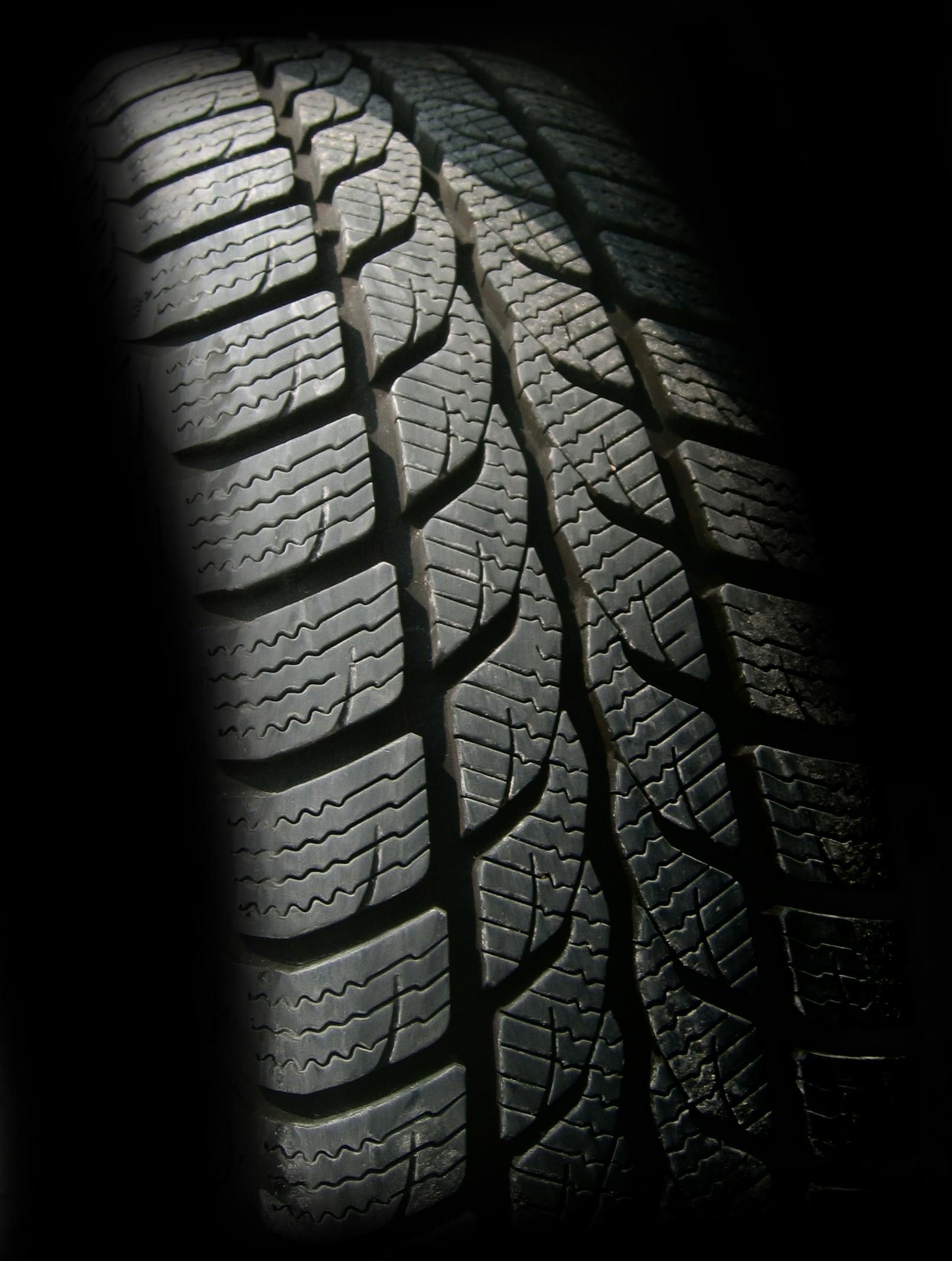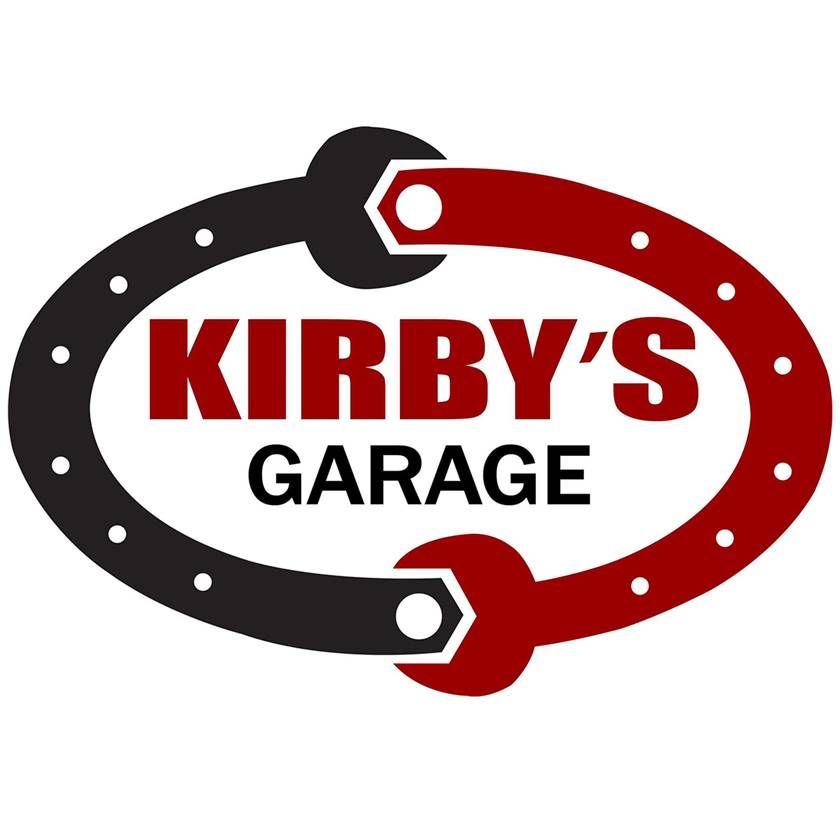The Most Common Diagnostic Trouble Codes and What They Indicate
When that check engine light flicks on, it's natural to feel a twinge of worry. But not every warning is a sign of a major repair—sometimes it’s just your car’s way of saying, “Hey, something’s not quite right.” At Kirby’s Garage in Franklin, TN, we’ve seen it all when it comes to diagnostic trouble codes (DTCs). These alphanumeric messages are your vehicle’s way of communicating issues to a scanner or diagnostic tool. In this article, we’re breaking down the most common trouble codes we encounter and what they mean for your car—so you’re not left in the dark next time that dashboard light comes on.
What Are Diagnostic Trouble Codes?
DTCs are generated by your vehicle’s onboard diagnostic system (OBD-II), a standardized system in all vehicles manufactured since 1996. Whenever a sensor detects an issue, the system logs a specific code that corresponds to a problem in the engine, transmission, exhaust, or other vital components. While these codes are helpful, they’re just the beginning—proper diagnosis requires experienced eyes and advanced tools like the ones we use every day at Kirby’s Garage.
Top 10 Most Common DTCs (and What They Might Mean)
1. P0171 – System Too Lean (Bank 1)
This code usually points to an imbalance in the air-fuel mixture, with too much air and not enough fuel. Possible culprits include vacuum leaks, dirty mass airflow sensors, or fuel delivery issues.
2. P0300 – Random/Multiple Cylinder Misfire Detected
Misfires can occur for several reasons: worn spark plugs, faulty ignition coils, or clogged fuel injectors. Ignoring this can lead to reduced fuel efficiency and potential engine damage.
3. P0420 – Catalyst System Efficiency Below Threshold (Bank 1)
This is one of the most common codes we see at our Franklin shop. It indicates your catalytic converter isn't performing as it should. Sometimes it’s a sensor issue; other times, it’s time for a replacement.
4. P0442 – Evaporative Emission Control System Leak (Small Leak)
Often triggered by something as simple as a loose or damaged gas cap, this code also might point to a small vacuum leak or EVAP canister issue.
5. P0455 – Evaporative Emission Control System Leak (Large Leak)
Like P0442 but more severe. If you smell fuel or notice a drop in mileage, bring your car in—we’ll inspect the entire EVAP system for leaks.
6. P0135 – O2 Sensor Heater Circuit Malfunction (Bank 1 Sensor 1)
This involves the oxygen sensor upstream of your catalytic converter. It may not be heating up properly, affecting fuel efficiency and emissions.
7. P0113 – Intake Air Temperature Sensor Circuit High Input
This code can signal an unplugged or failed intake air temperature sensor, leading to poor engine performance, especially during seasonal changes in Franklin, TN.
8. P0128 – Coolant Thermostat (Coolant Temperature Below Thermostat Regulating Temperature)
Your engine may not be warming up as it should, which can impact emissions and fuel economy. A stuck thermostat is a likely cause.
9. P0401 – Exhaust Gas Recirculation Flow Insufficient Detected
Common in high-mileage vehicles, this code signals that the EGR valve is clogged or malfunctioning. We’ve helped countless Franklin drivers resolve this to restore proper engine operation.
10. P0700 – Transmission Control System Malfunction
This generic code alerts the need to dig deeper into your vehicle’s transmission control module for more specific issues—something our technicians at Kirby’s Garage handle regularly.
Why Professional Diagnostics Matter
It’s tempting to rely on a quick code reader at a parts store, but accurate diagnosis takes more than just reading the code. A DTC is a symptom, not a full diagnosis. At Kirby’s Garage, we pair these codes with real-world testing and advanced scanning tools to pinpoint the root cause. Whether it's a faulty sensor, a wiring issue, or a worn mechanical component, we take a methodical approach to ensure we’re solving the right problem the first time.
How We Handle Diagnostics at Kirby’s Garage
When you visit our shop in Franklin, TN, our team takes the time to run a full scan of your vehicle’s onboard systems. From there, we evaluate live data, inspect key components, and use manufacturer-recommended procedures to confirm the issue. Our goal is to give you a clear, honest explanation of what’s going on and what your car really needs—nothing more, nothing less.
Don't Ignore the Check Engine Light
Some codes, like a loose gas cap, might be harmless. Others can lead to engine damage, poor fuel economy, or failing an emissions test. If your check engine light is flashing, that’s a sign of a serious issue that needs immediate attention. Even if it’s steady, we recommend having it looked at within a few days to avoid long-term problems.
Trust Kirby’s Garage for Accurate and Honest Diagnostics
Our team has years of experience working with all makes and models, from daily commuters to performance vehicles. We believe in making diagnostics transparent—you’ll never be left wondering what a code means or why a repair is needed. At Kirby’s Garage in Franklin, TN, we’re your partners in smarter, safer car care.
Final Thoughts
Understanding diagnostic trouble codes helps you stay in control of your vehicle’s health. But when it comes time to interpret those codes and act on them, having a trusted team like Kirby’s Garage by your side makes all the difference. If your dashboard lights up with a warning, don’t guess—come see us for a proper diagnosis and peace of mind.



